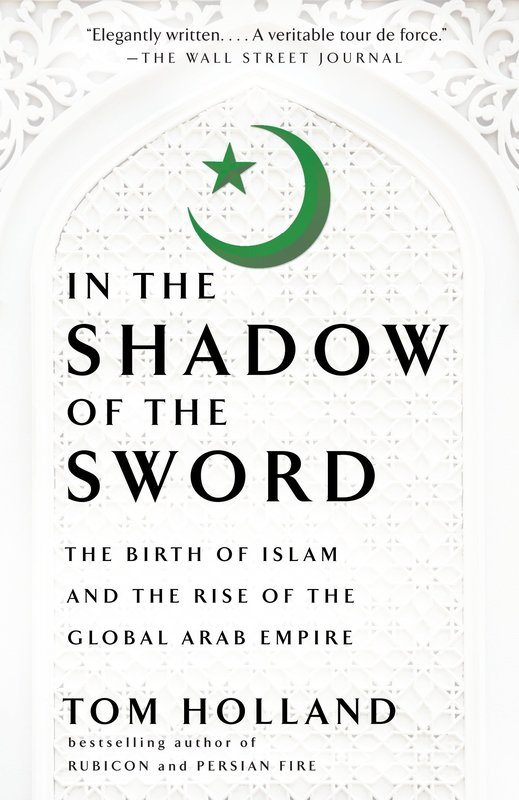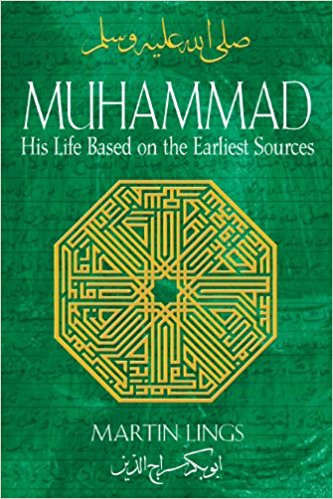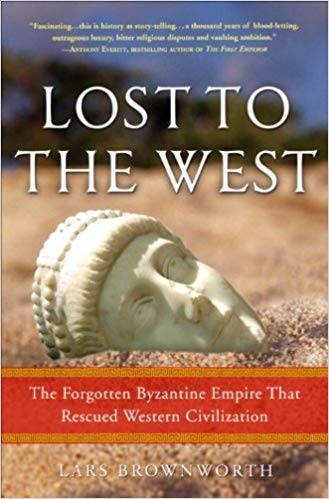|
Bureaucracy
by Ludwig von Mises Published in 1944 148 Pages Thibault’s Score: 4/5 In the last days of WW2, Mises wrote a book about the creeping government bureaucracy that he saw as a result of the war effort. He feared that the bureaucracy would persist after the war, and slowly become totalitarian. America was at war with fascist socialism in Germany and Soviet socialism in Russia, but at home, was also falling prey to the same forces. The book exposes the problems of incentive and give an overview of the socialist calculation problem. Mises makes it clear that non-market forces act in fundamentally unnatural ways, and must therefore constantly be supervised by semi-totalitarian controllers. The behavior of these controllers becomes increasingly totalitarian as the bureaucracy struggles to survive.
1 Comment
In the Shadow of the Sword
by Tom Holland Published in 2012 560 Pages Thibault’s Score: 5/5 This book is the best history book that I have ever read, hands down. I recommend this book more than any other history book that I have read so far. It is a book that gives detailed context for the rise of Islam, and instead of covering the events surrounding Islam proper, outlines the times right before. Fantastic read, 10/10 Muhammad, His Life Based on the Earliest Sources
by Martin Lings Published in October 2006 384 Pages Thibault’s Score: 5/5 This was one of the most interesting books that I’ve read in a very long time, and I strongly recommend it. The book is basically a collection of many of the early Hadiths, the earliest of which were written hundreds of years after his death. If you are unfamiliar with the Koran, and the concept of the Hadiths, then I do not recommend this book. I now seriously wonder if ancient Muslims were influenced by aliens. There is a lost of really interesting stuff in here, and I learned a lot about the life of the prophet. I will use the rest of this review to relate three odd and interesting stories. The first story that really caught my attention was a possible alien abduction followed by open heart surgery. One day, one of Mohamed’s relatives comes down from the road, shouting for help. Mohamed’s father hears this, and asks what the problem is. The boy explains that two strangers, dressed in white, have found Mohamed on the side of the road, and have cut him open. Mohamed’s father in law goes down, and finds a Mohamed who is shaken but fine. Mohamed explains that two strange men, dressed in white, teleported him to a distant universe. There, they cut out his heart, and removed an object from it. The men then returned him. When Mohamed is found by his father he has no marks on his body, save for a small crescent shape on his neck in between his shoulder blades. (Alien Implant site?) There is another passage of the narrative that also suggests aliens: the story of how Mohamed found out he was a prophet. Mohamed and his companions are travelling across the desert when some Christian monks spot them in the distance. The monks notice that as they travel, a grey cloud is floating overhead. The cloud stops when Mohamed’s party stops, and continues when they continue. (Flying saucer using camouflage / stealth technology?) The monk realizes that this is a sign, and takes the travelers in. He then proceeds to dine them, and while they are distracted, cross references the ancient texts he has preserved to see if any of them are the prophet. He then realizes Mohamed is the prophet, and checks for the crescent shape on his neck. He proclaims Mohamed as the prophet, and the party swears an oath. Interestingly enough, the first thing that the monk says upon discovering that Mohamed is the prophet is “watch out of the Jews”. The last passage that caught my interest is at the end of the narrative, when the Hadiths describe Mohamed’s unsatisfiable sexual appetite. The Koran only allowed for four wives, yet Mohamed exempted himself, and took a fifth. He also purchased Greek sex slaves, including two tin girls. His wives and concubines were constantly jealous of each other, and would fight. Mohamed clearly is immoral, and violates his own advice. This goes a long way to explaining the uncontrollable bouts of lusts that I’ve noticed have been expressed by Muslims on the internet and in the streets of Europe. Perhaps, if they had followed the religion of a more chaste and more self controlled man, perhaps their culture wouldn’t be so barbaric today. Either way, there is much to be found in studying the Hadiths for Muslims and for Kaffir alike. I strongly recommend this book regardless of whether you believe in aliens or not, or whether you think Mohamed was a hypocrite or a great man. Lost to the West
by Lars Brownworth Published in June 2010 354 Pages Thibault’s Score: 3/5 Lost to the West is a simple and straightforwards narrative history of the Byzantine Empire. Its a story I’ve already heard on the amazing Byzantine History Podcast as well as Edward Gibbon’s Decline and Fall of the Roman Empire. The book is not very academic, as it doesn’t properly disclose sources and evidence. It is, however, a great primer for non-academically minded novices interested in learning the basics about the Byzantine Empire. Like all long term histories, the scope was quite broad, and sections feel very rushed. If I didn’t already have an extensive knowledge of the characters and events, I would have found myself getting lost. I felt like he didn’t spend enough time discussing certain important events, although he was limited by the length of the book which he was writing. I recommend this book as a refresher for anyone who previously studied the Byzantine empire and needs a good refresher. |
Thibault SerletMost of my articles are book reviews, but I also write about many other topics. Archives
December 2023
Categories |




 RSS Feed
RSS Feed